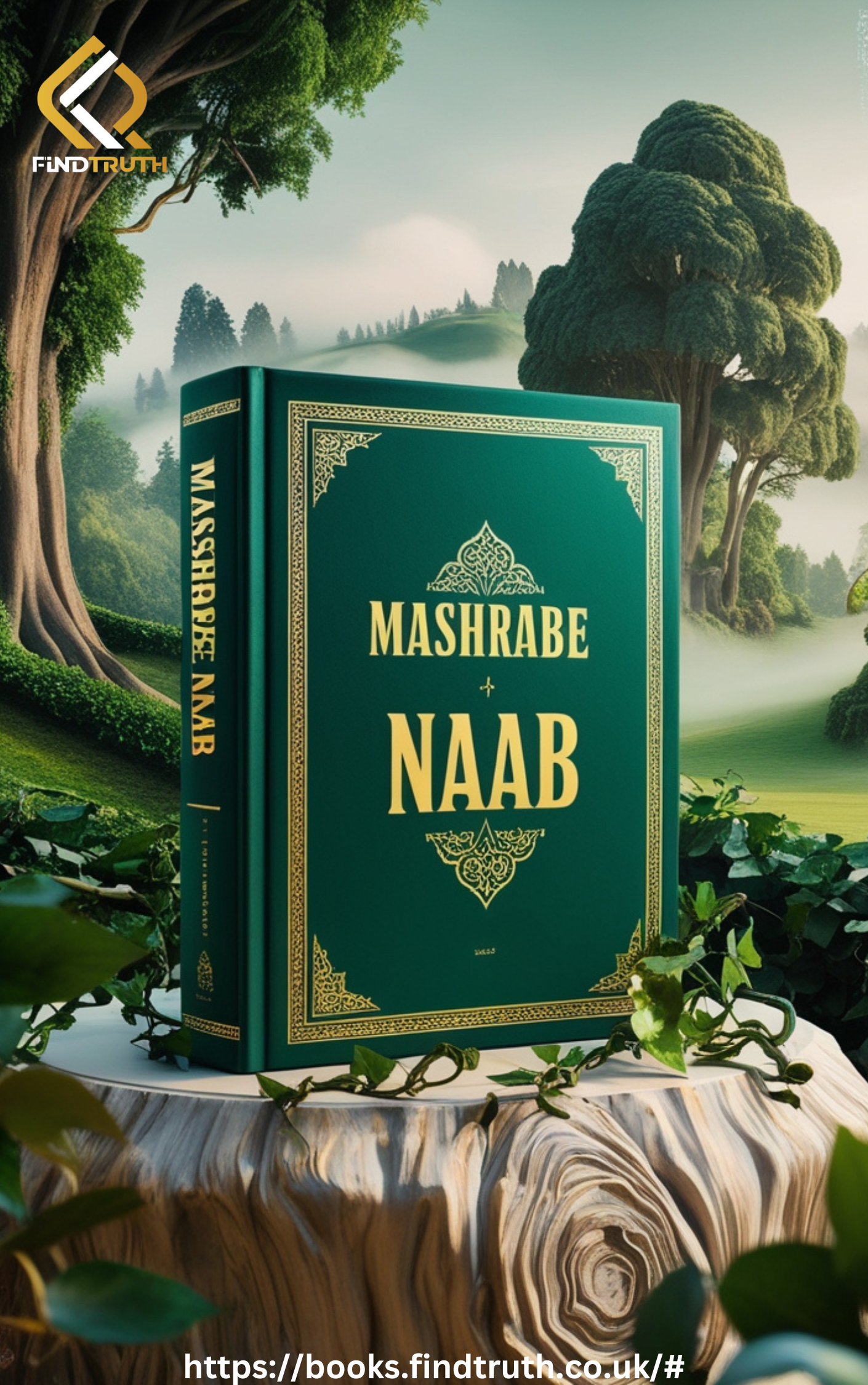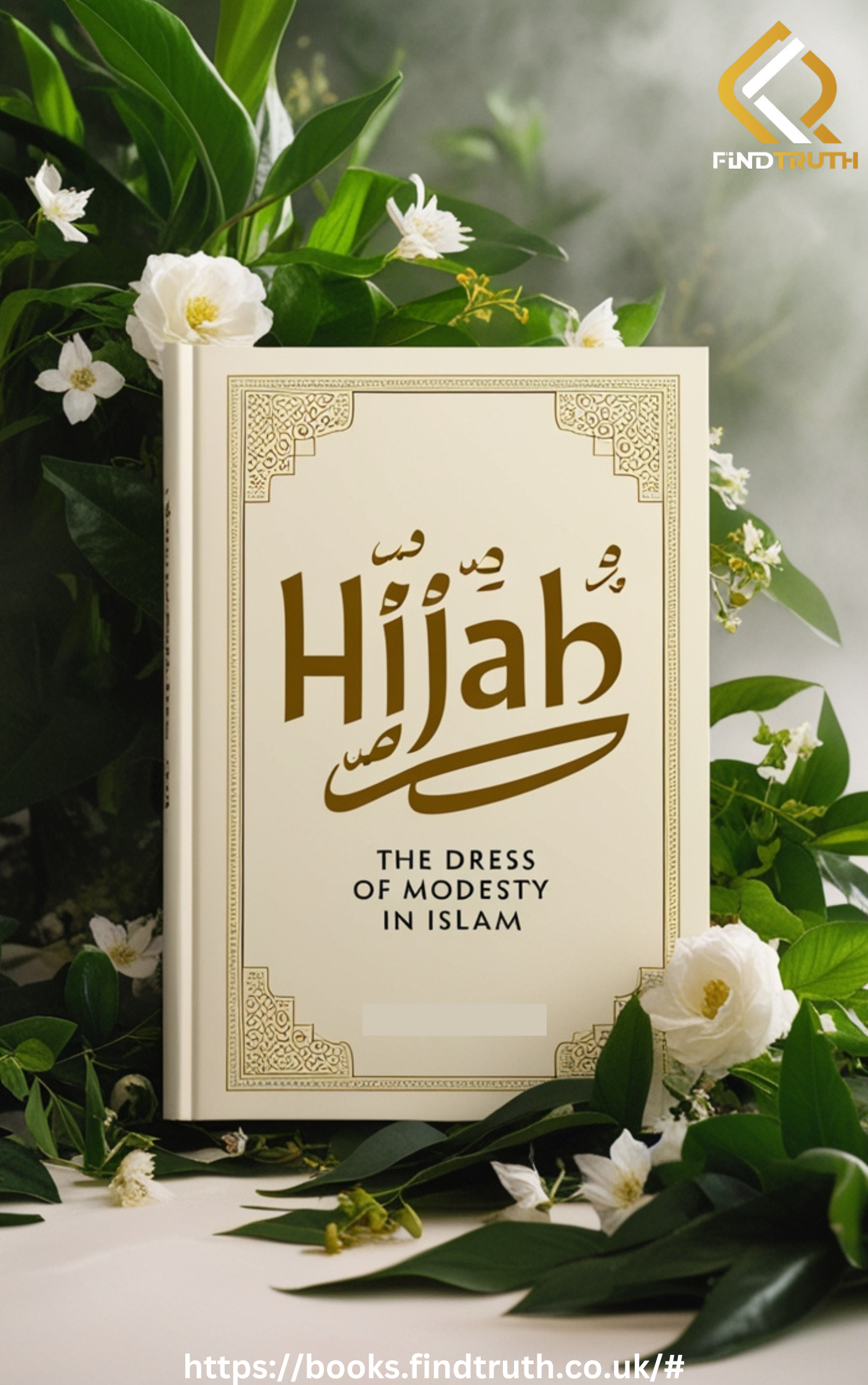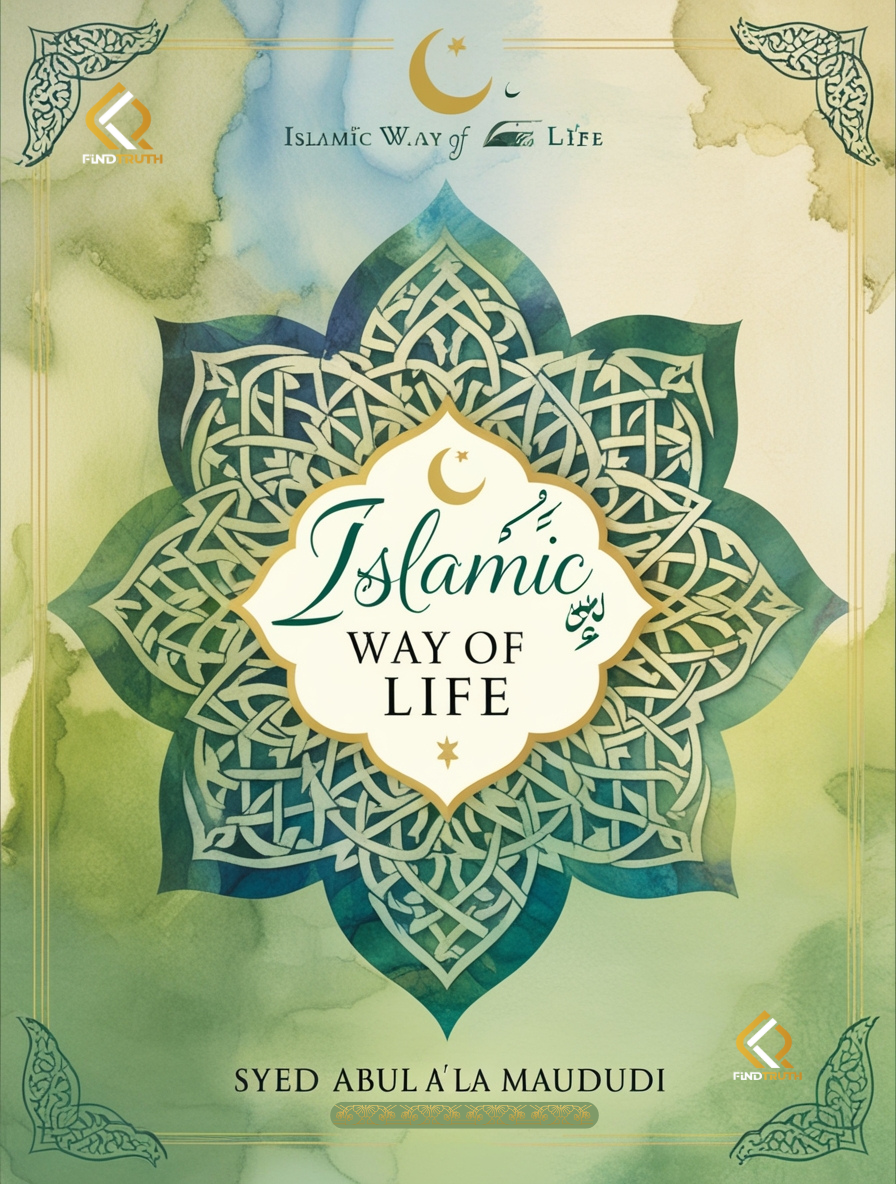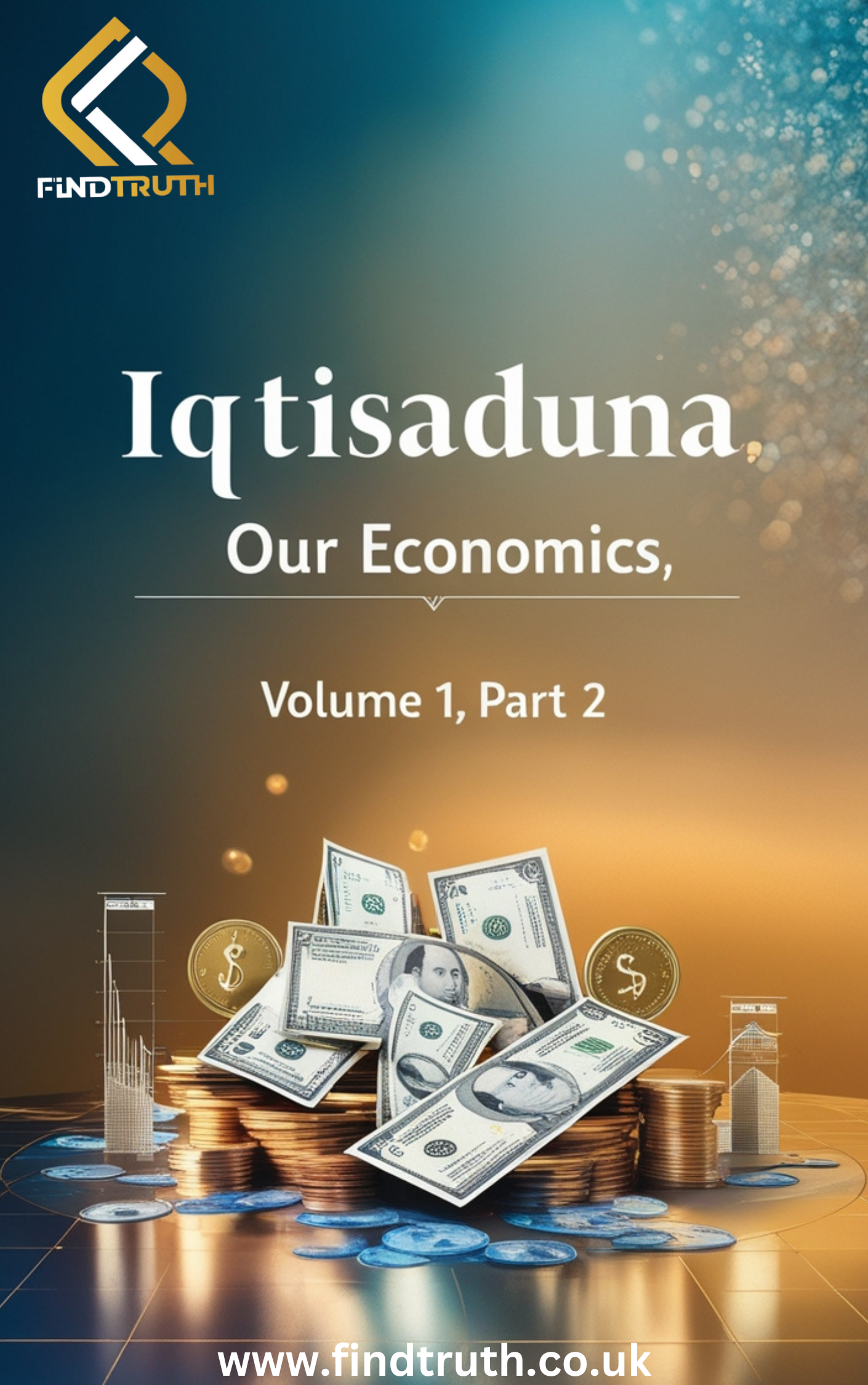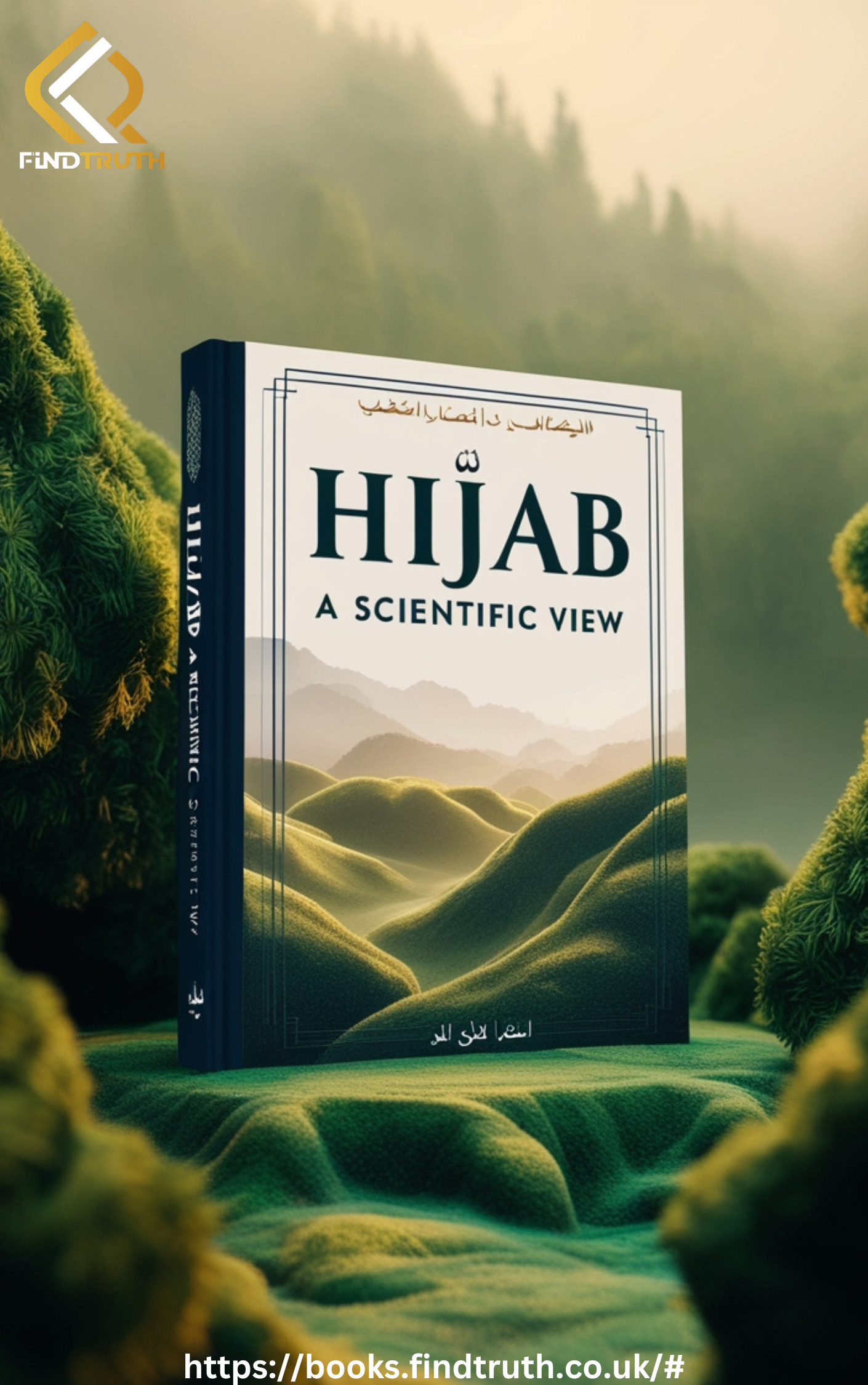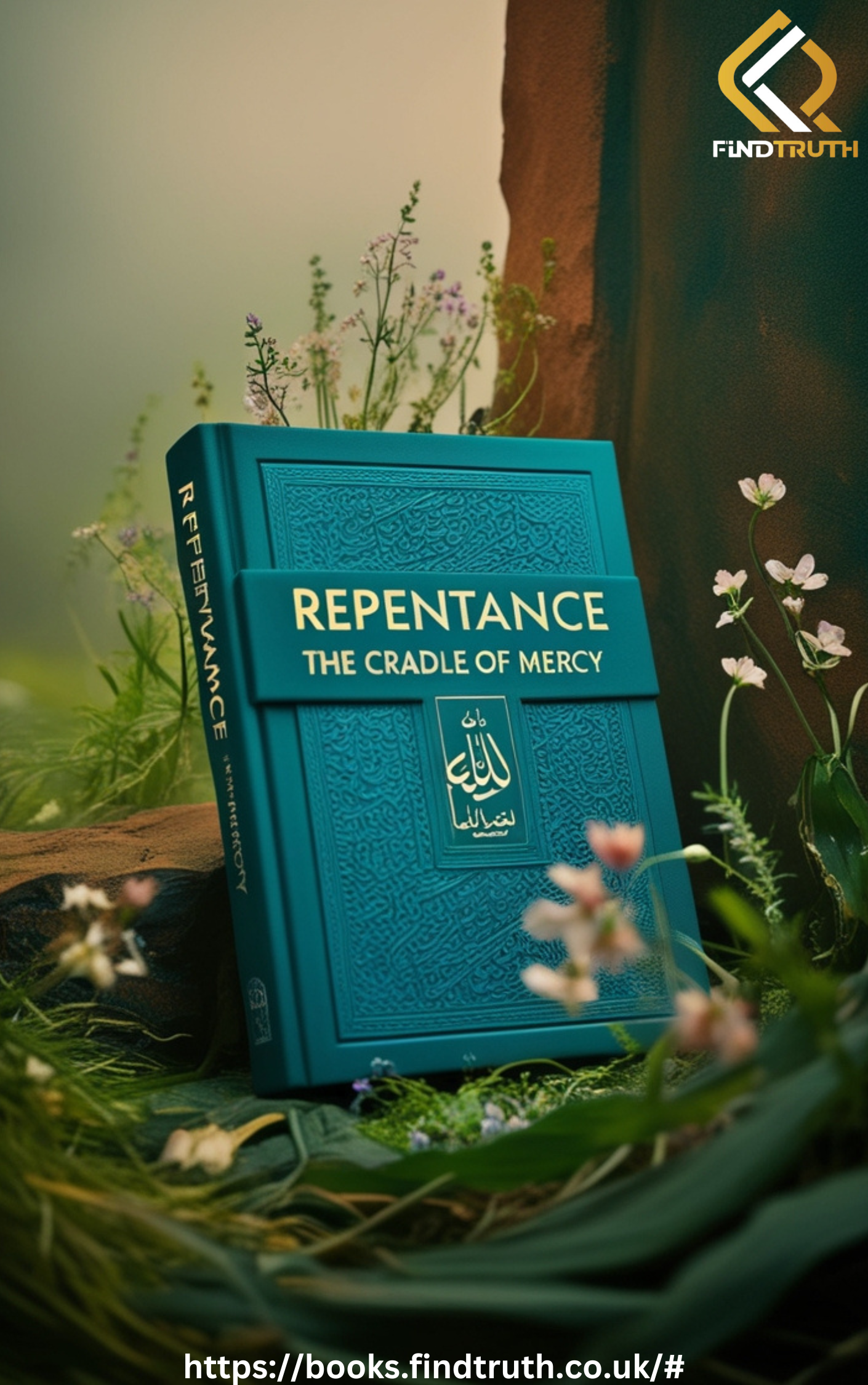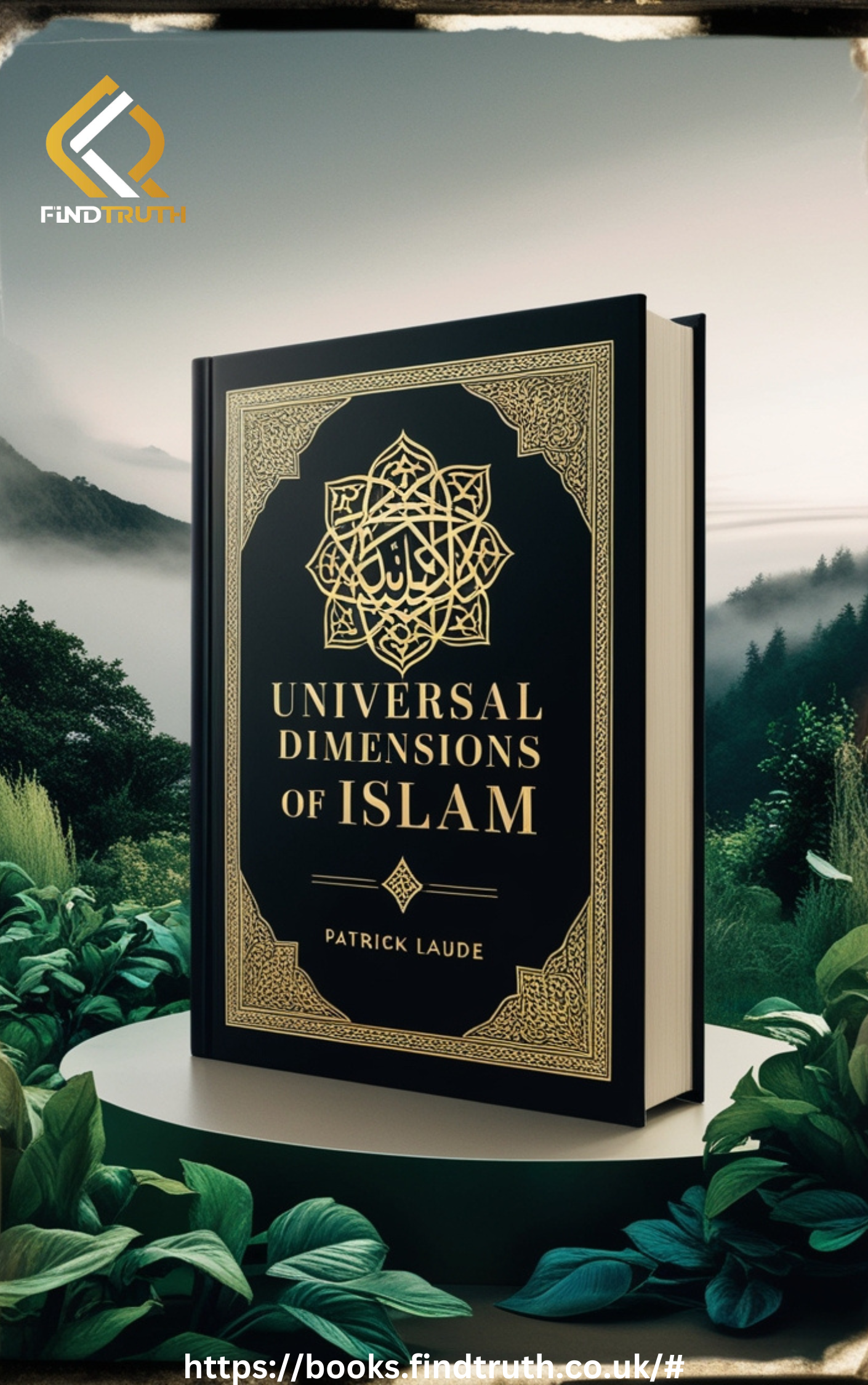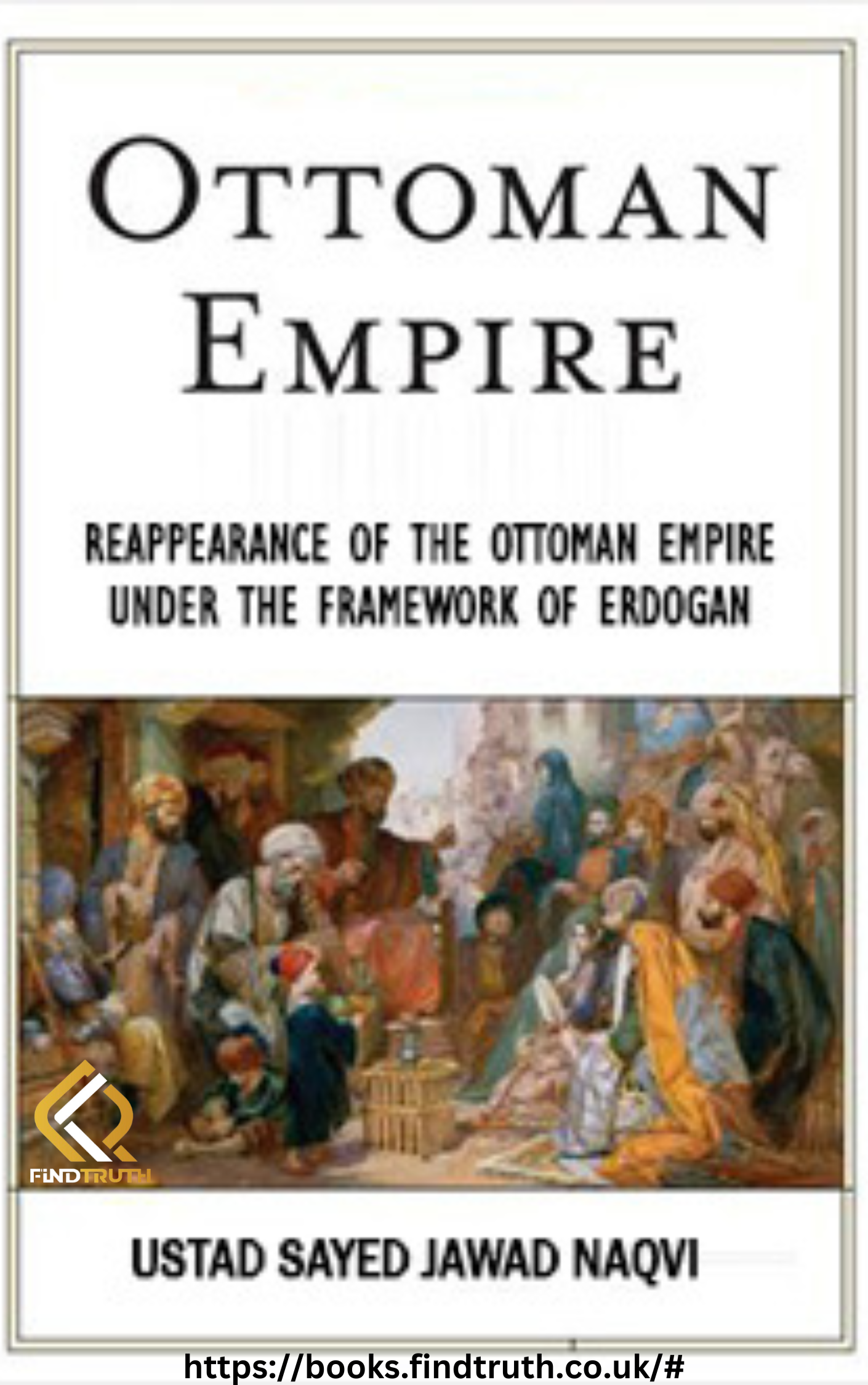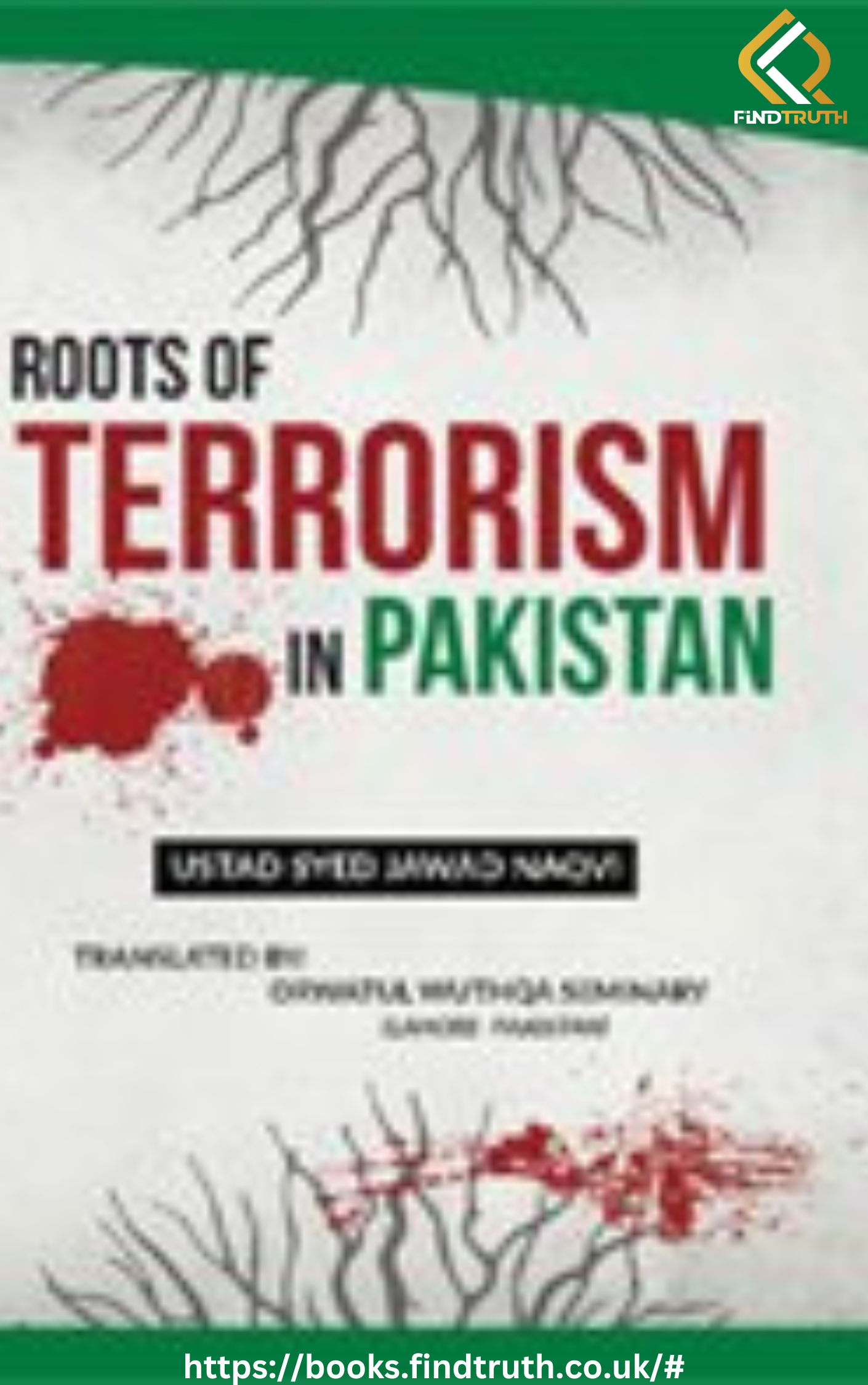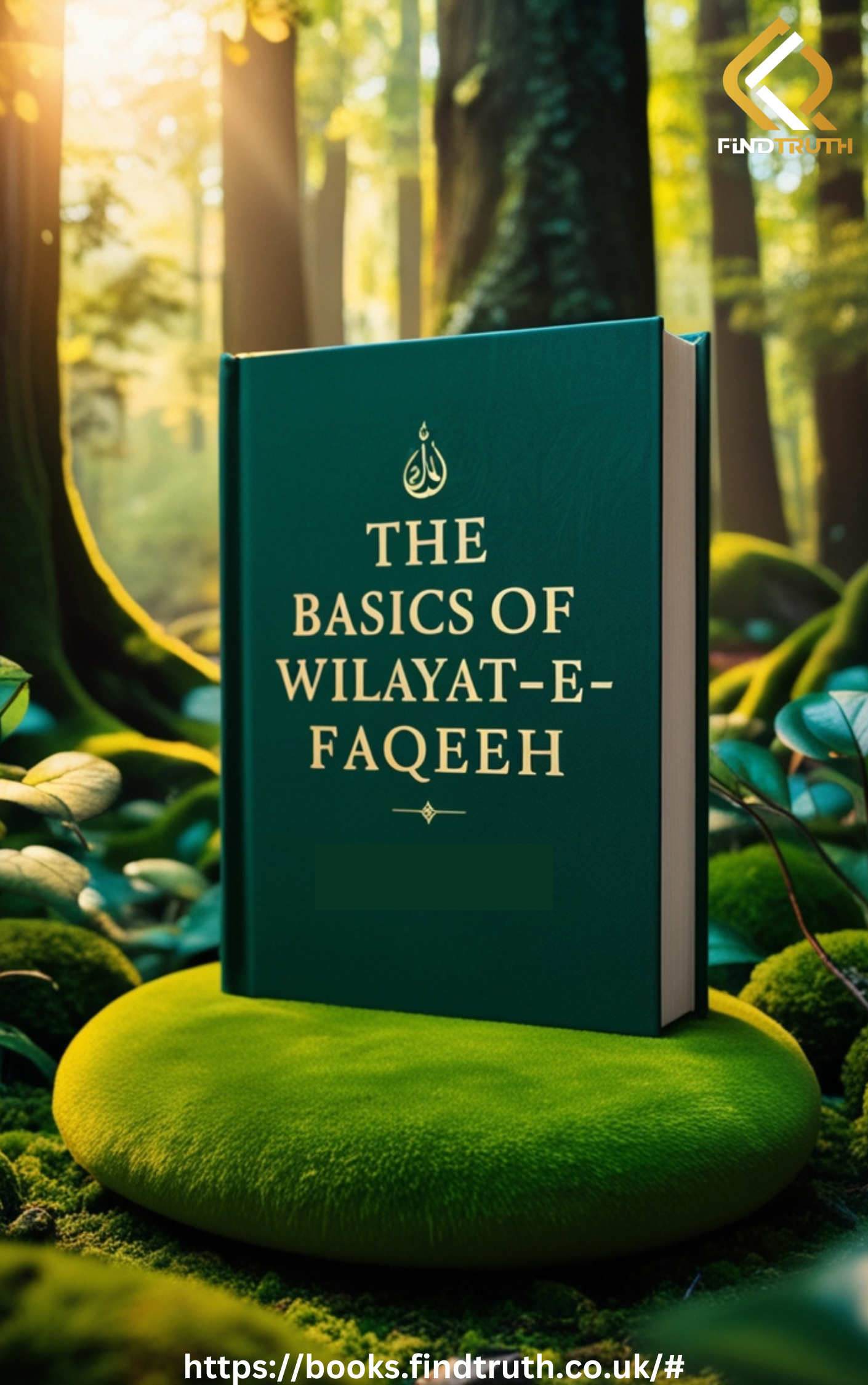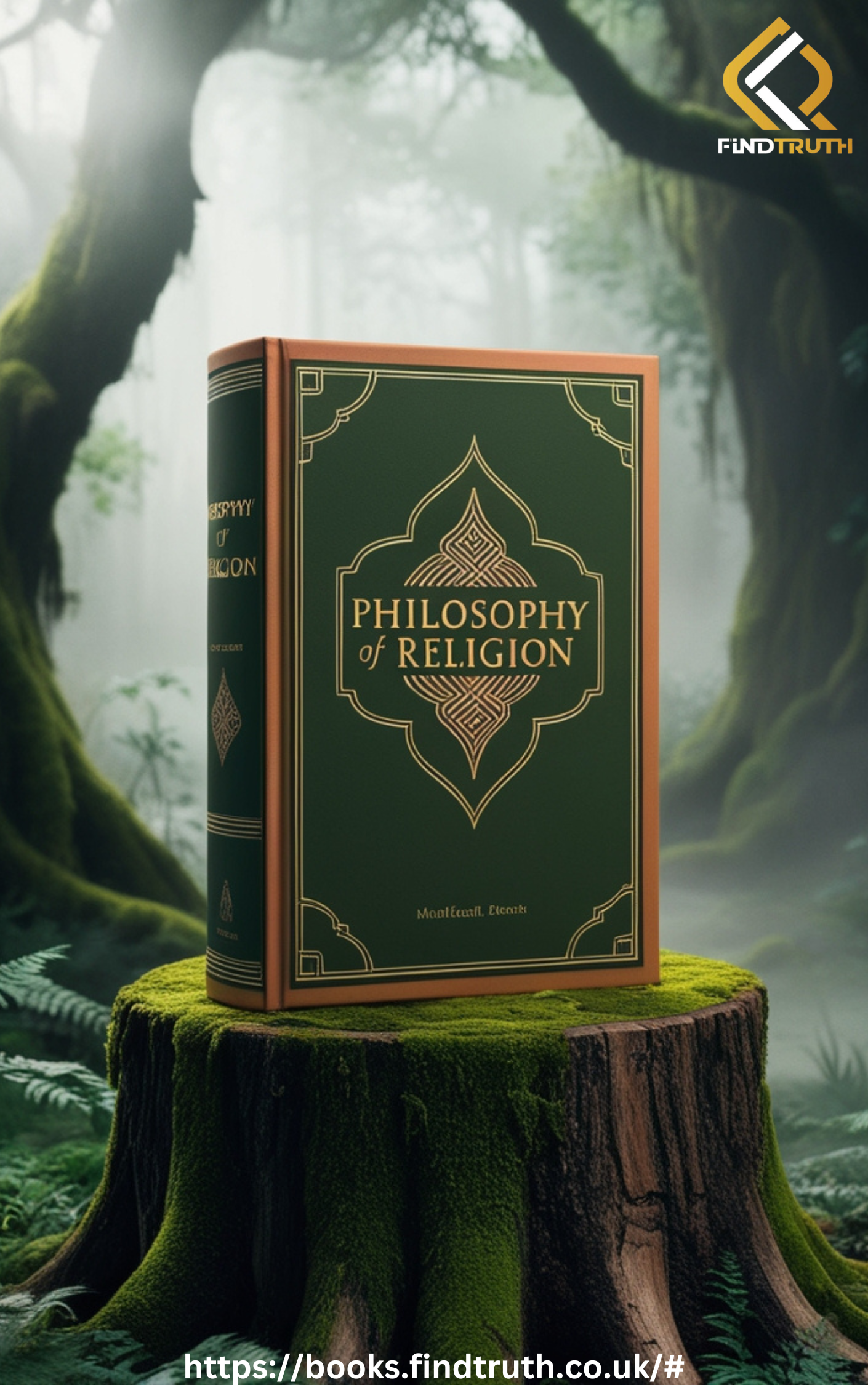Mashrabe Naab A pure spring of immaculate ideology Goods for humanity
In Mashrabe Naab: A Pure Spring of Immaculate Ideology - Goods for Humanity, readers are invited to drink deeply from the wellspring of Islamic knowledge. This book offers a refreshing exploration of Tawheed (the Oneness of Allah), Divine Justice (Adalah), and the vital role of Imamah (Divine Leadership) in shaping an ethical society. Through its teachings, the book emphasizes the importance of truthfulness, simplicity, and trustworthiness as the foundations of personal and communal integrity. By integrating Islamic lifestyle teachings that address family values, human rights, and social justice, Mashrabe Naab reveals how Islamic ideology not only enriches the lives of believers but also brings about universal good for all of humanity.
The theme of the book which is “Mashrabe Naab” which in literary sense means a source of pure water is on the subject of Pure Ideology and a Pure religion. Religion has been a quest of humanity from day one and the creator himself made all the arrangement for the providing his creation with the religion. Since man is born with a free will and has the authority to take decisions he has ended up exploiting divine religion as a consequence of his self carnal desires the way he has done with the materialistic world. The creator has only sent one religion in terms of ideology which came in phases as far as practices are concerned, but man transformed this religion into religions of his choice and in many cases preserving only the divine titles of the religion.
Religion being the need of survival and salvation for human being is required in its purest form and the prophets have come to present this pure religion.
But even in their era there were some who accepted it and some who didn’t. Those who did not accept the religion ended up in either creating variants of religion or adulterating this pure religion. This adulteration of religion was the grievous and most tragic attack specifically on the final divine religion, Islam. Islam which was presented and implemented in the Muslim Society was a pure and ideal Islam which gave the way forward to the Muslim Ummah even after the Prophet (s) left, but the moment he left, impurities and dissensions in Islam started and it lost its purity. The biggest attack on the purity of Islam was the separation of Spirituality and Politics, which Iqbal refers to as separation of Church and State, a similar problem which happened with Christianity. This separation resulted into an orthodox form of Islam, which in Allama Iqbal’s terminology is the religion of Sufi Courtyards (Khangaah). Hence a Pure religion or an Ideology is the goods for humanity which will help human being in successfully completing this journey.
A fundamental question that is addressed in this first volume of the book is the required abilities to grasp and accept pure Islam. This first volume of the book introduces from its basic core, what does a man needs to achieve perfection since that is the final goal of human beings landing on this earth. The Holy Quran has addressed explicitly and at numerous occasions the need for perfection, specifying that it is only the Pure Islam which can make man perform this journey of Perfection. The Quran has specified the basic traits required to be present in a man to start this journey. This is something which Allama Iqbal has presented in his poem. The theme couplet used in this book comes from Allama Iqbal’s famous poem “Tuloo-e-Islam” (The Renaissance of Islam),wherein Iqbal has interpretated the same Quranic principle in poetic form. In this book the respected author has picked up the same from Iqbal and exposed it in the light of Quran and other logical aspects.
For the readers of the book it is necessary to understand the direction this book heads towards, since this is a mystical journey. The subject as such aims to introduce the specifics of a pure religion but before entering that stage it is necessary to understand the prerequisites for accepting this pure religion and this is what the book is all about. As we all know that not everyone sitting next to the Prophet (s.a.w.s) was a staunch believer. The Holy Quran has revealed certain verses and in fact a complete chapter on Hypocrites (Munafiqeen). It was these hypocrites who did not leave a single opportunity after the Holy Prophet to adulterate Islam. The question over here is the same divine words delivered by the most merciful creation in the universe; a charismatic and high class ethical personality does not get into the heart of everyone present there. The person delivering is an infallible and flawless hence there is absolutely no doubt about any sort of deficiency in his delivery so the point is what was the reason or what was lacking inside those who could not drink this Pure Mashrab (water) presented by the Holy Prophet.
There are some traits and qualities present in man originating from his innate nature that makes him capable of accepting the Pure Islam. The Islam which became a victim of impurities and whose revivers and reformers; the twelve Infallible Imams gave their lives; the same pure Islam got buried under ruins of impurities for almost twelve centuries after which a man from Khorasan stood up. This man by the name Roohullah Moosavi Khomeini excavated this pure Islam from ruins, presented and implemented it in his society thereby making this society an ideal for the entire Muslim world of this era. But once again the same question came up here as well; that not everyone, irrespective of Muslims, non Muslims and even Shia’s, could not accept this pure Islam.
So what are those principles and requirements for accepting purity? Few of these essential qualities like an Elevated nature, a warm heart, a pure vision and the restlessness of soul are the ones addressed in this book under the light of the poem of Allama Iqbal. This book should be viewed with the perspective that it talks to us about those essential traits and it’s nurturing to be present in us to become capable of understanding and working towards implementation of Pure Islam in our society. This book is a compilation of articles from the bi- monthly Urdu magazine “Mashrabe Naab” published in Pakistan by Ustad Syed Jawad Naqvi. We have also presented a brief biography and some visionary elements of Allama Iqbal to get some understanding about this personality, specifically for those who are not well acquainted with him. Towards the end we have presented as Appendix the complete Poem “Tuloo-e-Islam” (The Renaissance of Islam) in Urdu, Transliterated Urdu and its English transition with some explanatory notes which would further open up the doors for this subject which God willing will reach further depths in the next volume of the book.
This book is based on the best literary artwork of Allama Iqbal who was a master of Urdu and Persian literature; and this work is presented to us in this book form by another master of Urdu literature Ustad Sayed Jawad Naqvi. Hence translating this literary piece of work has been very challenging. But with all thanks and praises to Allah an attempt has been made to balance between literary flow and the message delivery of the content. With prayers to Almighty to accept this work and grant more strength, passion, divine desires and above all opportunity (Tawfeeq) to be of some use in delivery to the masses that Islam which was the Pure Islam of Prophet Mohammed (s.a.w.s) i.e. Islam e Naab Mohammadi (s.a.w.s) referred to as “Mashrabe Naab” by Allama Iqbal.
Syed A V Rizvi

